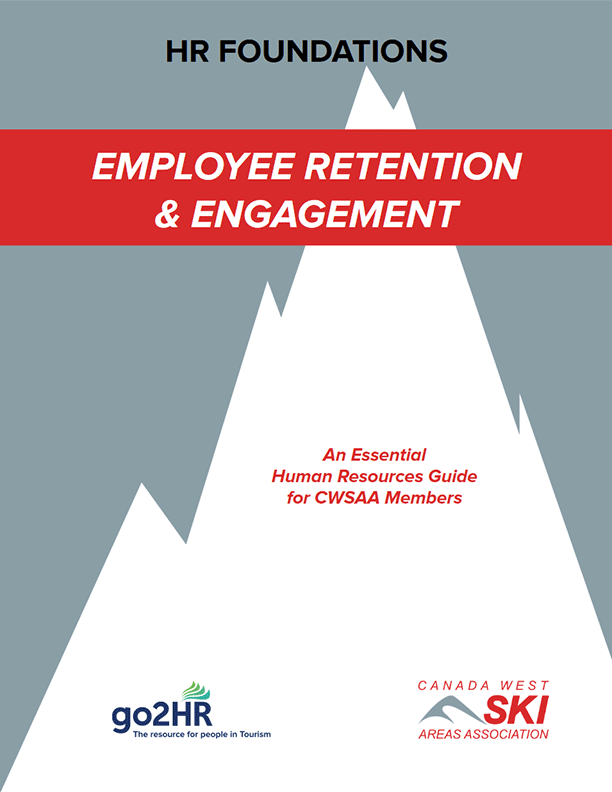February 15, 2017
Performance issues should be dealt with as they occur by providing constructive feedback and coaching that will lead to improved performance. Formal performance reviews should be focused on the future and centred on the positive.
Under-performing employees are not going to improve unless they are told there is an issue. To make sure the outcome if positive, you need to have a private, face-to-face conversation with the employee that focuses on the desired results and not their deficiencies. Before the meeting, practise what you are going to say and adhere to the following steps to provide constructive feedback.
- Be direct and state the reason for the meeting.
- Have your facts straight. Know exactly what has occurred, and don’t prejudge or rely on rumours. Describe what you witnessed or what your investigation into the problem revealed, and have specific examples of the behaviour occurring.
- Clearly define performance expectations; describe the consequences of the continued behaviour and the impact on the business. State your personal concern with the problem, reiterating that you value each of your employees and want to see them succeed on an individual basis.
- Allow employees to give their version of events, and ask what you and the company can do to help them improve performance. Ask questions to ensure you understand the employee’s perspective and to clarify what actually happened. In some cases, there is an underlying issue that needs to be taken into consideration and discussed.
- Determine what training and assistance the employee may require, and then outline specific actions that you want to see from the employee to resolve the issue. State the consequences if the employee doesn’t improve, the time line in which you are allowing them to improve, and the specific date you will be following up with them to evaluate progress. Summarize the conversation in writing, get the employee to sign it, and keep a copy in the employee’s file.
During the period of time you are allowing the employee to improve their performance, you should follow up with them on a regular basis, be available to provide assistance, and be sure to praise and encourage them when they are doing things right.
go2HR is BC’s tourism and hospitality, human resources and health & safety association driving strong workforces and safe workplaces that deliver world class tourism and hospitality experiences in British Columbia. Follow us on LinkedIn or reach out to our team.


